Sorry folks!!!!!....but seafood all of it ....and when you go to a dinner date !!!!!...... the woman's breath smells like old pussy .....it's disgusting .....the very smell of it .....it smells like old vag ......seafood i think ....most of it is contaminated ......look at our oceans with cruise ships....... and all the shit ........ and stuff and things .........i have never ever trusted any animal of being from the ocean ...ever ......and truly completely fuck oysters they are the nastiest ....they look like old vag lips .....in a shell .....barf!!!!!!!!!!!
Indian company sold contaminated shrimp to U.S. grocery stores, 'whistleblower' says
This story is a product of an NBC News investigation in collaboration with The Outlaw Ocean Project, a nonprofit journalism organization.
Joshua Farinella had been working in the seafood industry for eight years when he received an exotic job offer too lucrative to pass up — managing a shrimp factory in southern India. The salary: $300,000, more than double what he was making previously.
“I packed up two suitcases and moved 8,000 miles away,” said Farinella, 45, of Pittston, Pennsylvania. “It was supposed to be life-changing.”
But just a few months after he arrived on the job in October 2023, Farinella said he became deeply disturbed by what he was witnessing.
His company, Choice Canning, supplies shrimp to major U.S. grocery chains including Walmart, Aldi, ShopRite and H.E.B. It touts its “state-of-the-art processing plant” and “commitment to international standards of quality.”But Farinella said he soon discovered that Choice Canning operated unsanitary offsite “peeling sheds” and routinely approved the export of shrimp tainted with antibiotics in violation of U.S. food safety law.
The company’s treatment of workers was equally jarring to Farinella, he said. Migrant workers rarely had a day off, slept in overcrowded, bedbug-infested dorms and were restricted from leaving the walled-off company compound in Amalapuram, according to Farinella. They were mostly women who were often recruited from the poorest sections of the country.
Farinella left the job after about four months, but not before recording conversations with senior leadership and capturing video footage of conditions at the plant and at an offsite peeling facility.
“The consumers need to understand that they’ve been purchasing a contaminated product that was made by people who don’t have the luxury of going home,” said Farinella, who has filed a whistleblower complaint with the Food and Drug Administration and other regulators detailing his allegations and has shared it with members of Congress.
U.S. lawmakers are looking into Farinella’s allegations, which underscore long-held concerns about the farmed shrimp industry globally and more recent findings about India’s in particular.
In a letter dated March 18, ranking Democrats on the House Committee on Natural Resources requested documents and recordings from Farinella in response to his complaint. The letter references the committee’s “ongoing efforts to reduce human rights violations and increase transparency in the seafood supply chain.” (Farinella’s lawyers said they’ve provided all relevant records in response.)
After the nonprofit news organization The Outlaw Ocean Project published its investigation into Farinella’s claims, other lawmakers called on the Biden administration to take action to protect American consumers.
“Damning evidence from someone in the industry has revealed strong concerns of severe food safety issues and labor violations at an Indian shrimp processing plant,” Rep. Mary Peltola, D-Alaska, and Rep. Garret Graves, R-La., wrote in a March 22 letter to President Joe Biden. “The whistleblower alleged that the company was deliberately exporting shrimp contaminated with antibiotics and engaging in forced labor practices.”
Lawyers for Choice Canning categorically denied any wrongdoing, including the claims about abusive labor practices and the illegal use of antibiotics. “The allegations that have been brought against our company are false and without merit,” a spokesperson for Choice Canning Company Inc. said in a statement.
“During our history we have maintained a spotless record with regulators and continue to exceed industry standards to ensure our products meet all certifications. Throughout our history we have dedicated significant resources to developing and adhering to comprehensive auditing processes and protocols as well as employee welfare programs.”
The company also cast Farinella as a disgruntled former employee who should not be believed because of his criminal past.
Farinella was convicted of a series of felony and misdemeanor crimes between 1999 and 2014 — a period when he says he was struggling with depression and substance abuse. The offenses included grand theft auto, burglary and identity theft.
“It was 10-plus years ago,” said Farinella, who is married with two stepchildren, ages 17 and 24. “That’s not who I am at this point in my life.”
Walmart and Aldi said in statements to NBC News that they were investigating Farinella’s claims and expect their suppliers to treat workers fairly. Wakefern Food Corporation, which owns ShopRite, referred to Choice Canning’s response to the allegations. HEB did not respond to requests for comment.
“We expect suppliers to operate safe workplaces, take responsibility for the well-being of their workers, adhere to our forced labor prevention principles and to protect the integrity of the food we sell by complying with all FDA regulatory requirements and Walmart food safety standards,” a Walmart spokesperson said.
Americans love shrimp. It’s the most consumed type of seafood in the U.S, and nearly 40% of the imported crustaceans now comes from India — more than any other country.
Thailand was for a long time the largest exporter of shrimp to the U.S. But the industry was jolted by high rates of shrimp disease and repeated reports of forced labor. With Thailand’s shrimp business in crisis, India boosted production to meet global demand.
A new report by the Corporate Accountability Lab (CAL), a Chicago-based advocacy group, suggests that Farinella’s allegations are part of a larger, systemic problem in the Indian shrimp industry.
The report was based on interviews with more than 150 workers and others in the country's shrimping sector.
The CAL report did not investigate Choice Canning, but found that shrimp operations in India often rely on forced labor and “dangerous and abusive working conditions” to “meet demands for ever-lower prices.”
“In the processing sector, workers live in overcrowded and often unsanitary conditions under the careful surveillance of company guards,” reads the report. “They are rarely allowed to leave the premises.”
CAL also found that debt bondage — preventing workers from leaving a job until they have paid off a loan — is common. And shrimp production is also causing severe environmental damage, the report says.
The report didn’t focus on food safety, but it does note that the Indian shrimp industry focuses on two national markets “with fewer regulations and less monitoring of imported shrimp: China and the U.S.”
While the European Union samples 50% of shrimp from India for antibiotic traces, the U.S. inspected just over 1% of shrimp imports in 2023, the FDA said. According to publicly available import refusal data from the FDA, the FDA refused 51 shipments of shrimp due to antibiotics last year and over 70% of them involved shrimp exported from India.
“The minimal testing combined with the huge quantity of shrimp entering the United States means that there is a high risk of shrimp with traces of antibiotics entering the U.S. market from India,” the Corporate Accountability Lab report says.
Shrimp farmers sometimes use antibiotics to reduce the spread of disease, but the practice is heavily restricted in many countries in part because eating contaminated shrimp could lead to increased resistance to antibiotics.
Farinella said his plant shipped out antibiotic-tainted shrimp “nearly half a dozen times” in the time he was there. Company leaders even had a code name for it, he said: Oscar.
In a WhatsApp text exchange cited in the whistleblower complaint and viewed by NBC News, Farinella wrote to an executive about a shipment of cooked shrimp for a U.S. grocer that he said tested positive for antibiotics. “Please use the word Oscar lol” the executive wrote.
“Oscar was the word when nobody wanted to see a message out there saying, ‘Hey, this shrimp is contaminated,’” Farinella said.
Choice Canning disputed Farinella’s characterization, saying the term Oscar is used to denote shrimp that had tested positive for antibiotics in an initial inspection, but negative in a subsequent, more precise one known as LCMSMS.
“Cleared OSCAR products can only be exported after LCMSMS reports are negative and further time requires senior management approval for final shipments,” reads a policy document provided by Choice Canning.
Farinella said the processing plant itself was inspected by auditors from Best Aquaculture Practices, a group that ensures seafood is responsibly and sustainably sourced, but a substantial portion of the work was actually done at offsite peeling sheds with subpar standards of hygiene and sanitation.
Workers in street clothes and sandals would peel shrimp in rooms exposed to the elements and without temperature control, Farinella said.
Choice Canning said it only relied on an offsite peeling shed from January to February, and that it was used for shrimp bought by customers who purchase seafood that is not certified by Best Aquaculture Practices, or BAP.
“Choice is not aware of any unsanitary conditions, and the shed has not been used since March 1, 2024,” the company said. A second shed was used by a “copacker,” and the shrimp processed there was not owned or sold by Choice, the company added.
Farinella said he decided to speak out about what he experienced in the hope of forcing a reckoning on the shrimp industry.
“I need a change to happen, and that will make this worth it,” he said.
The Outlaw Ocean Project, which first publicly reported on Farinella’s complaint, shared reporting with NBC News for this investigation.
This article was originally published on NBCNews.com

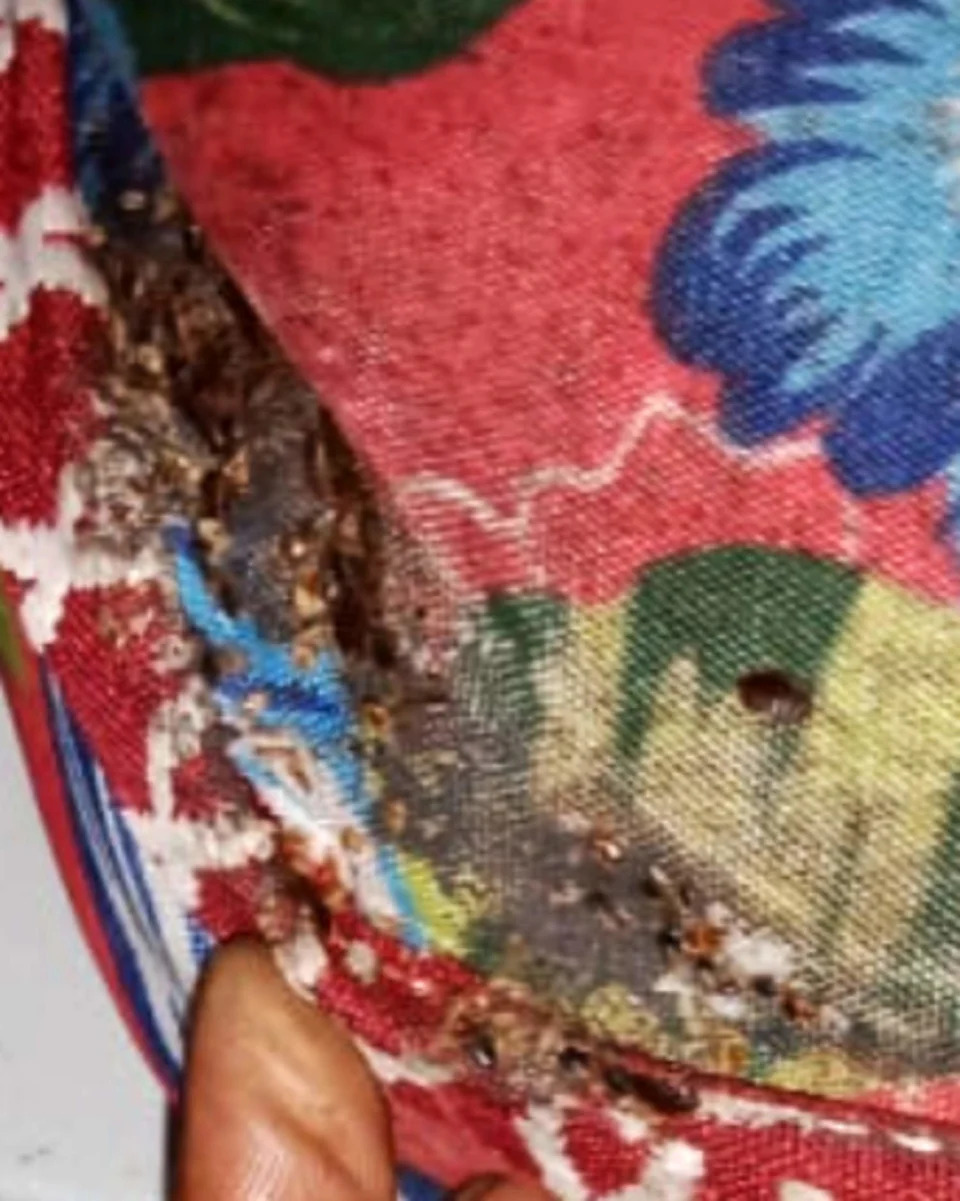
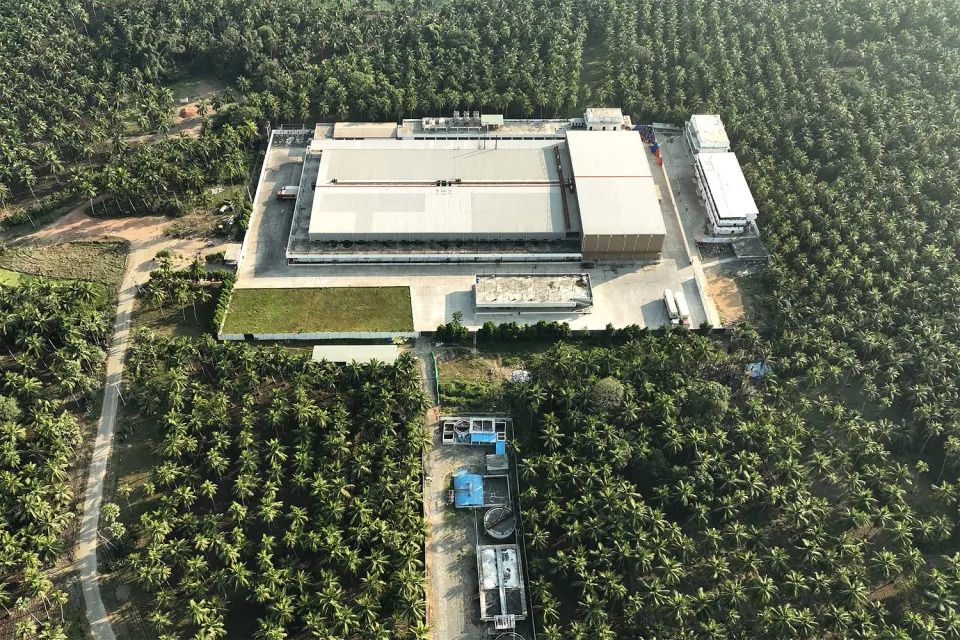
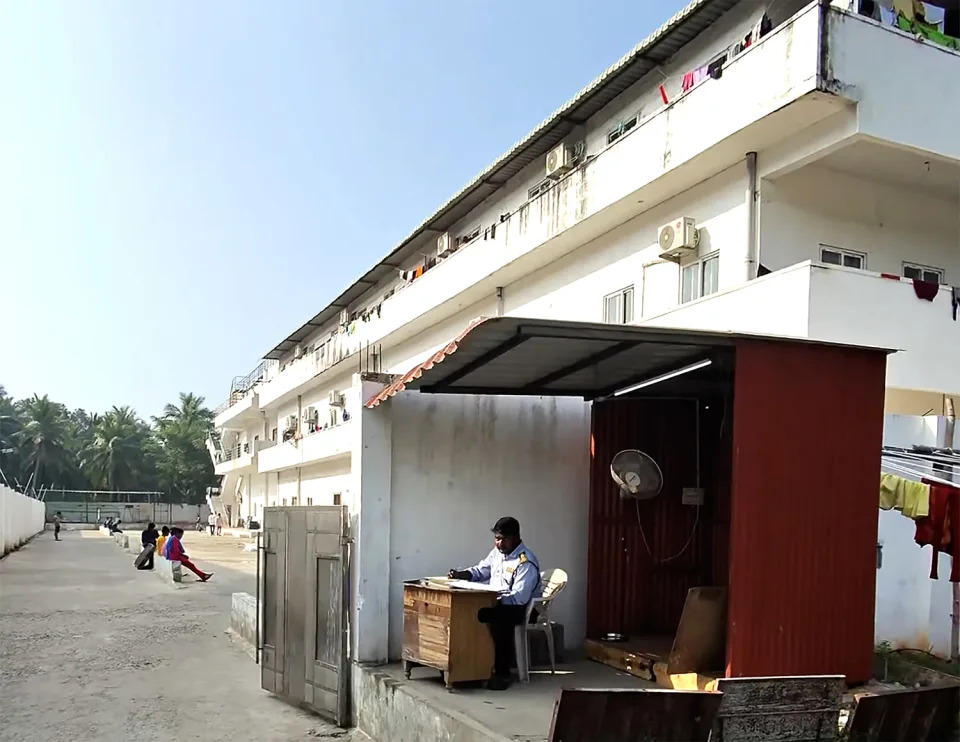
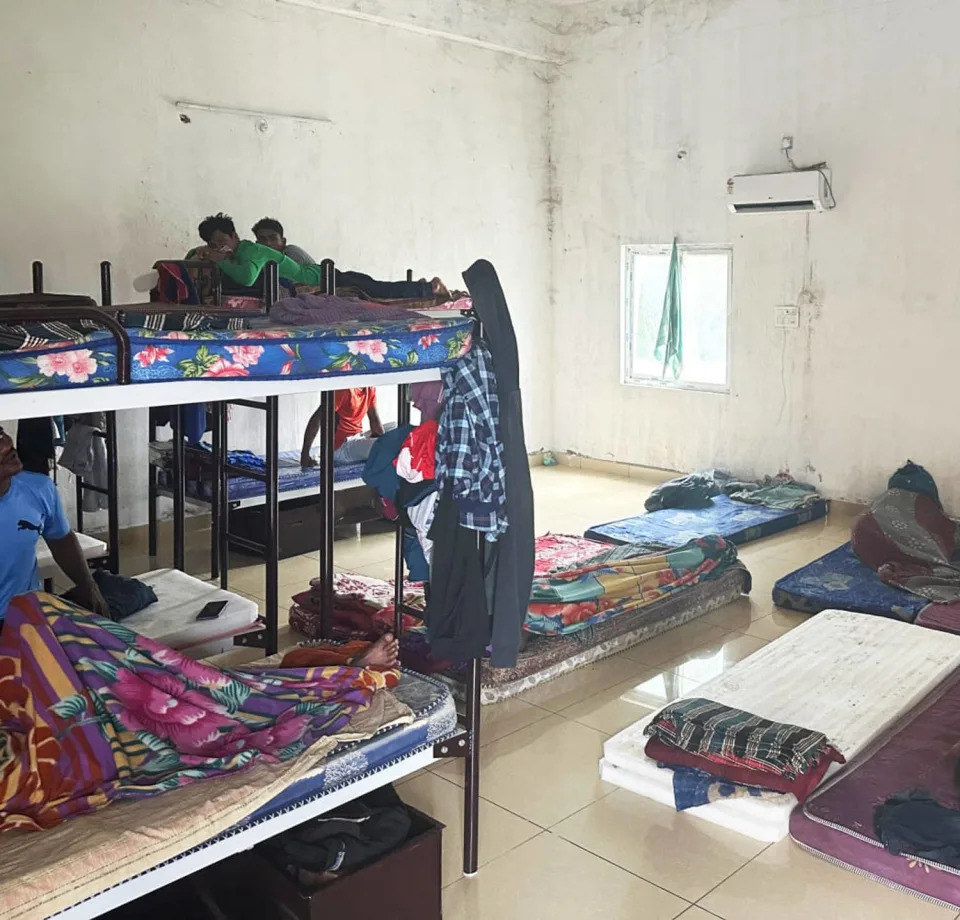
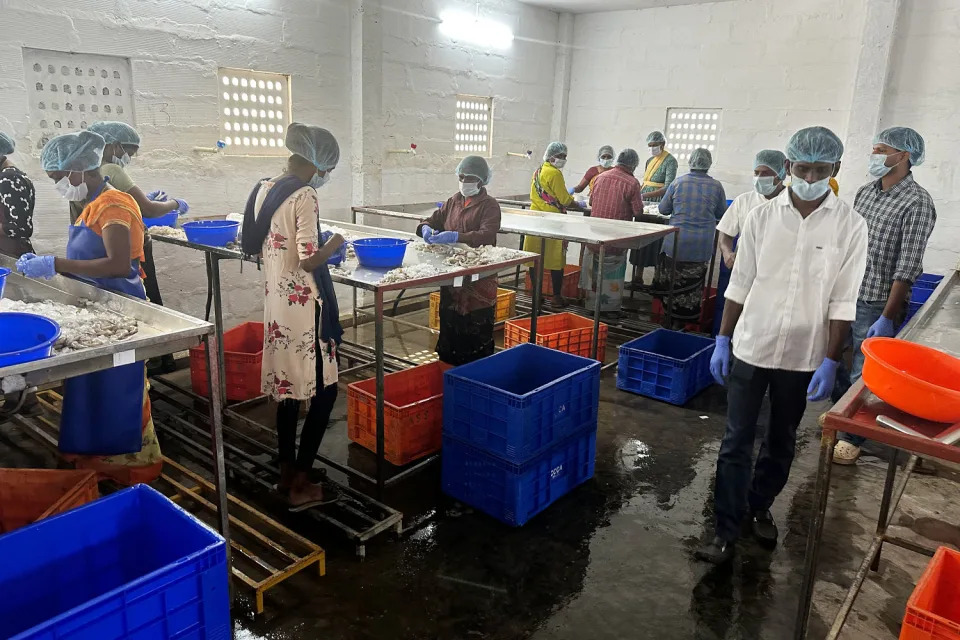
No comments:
Post a Comment